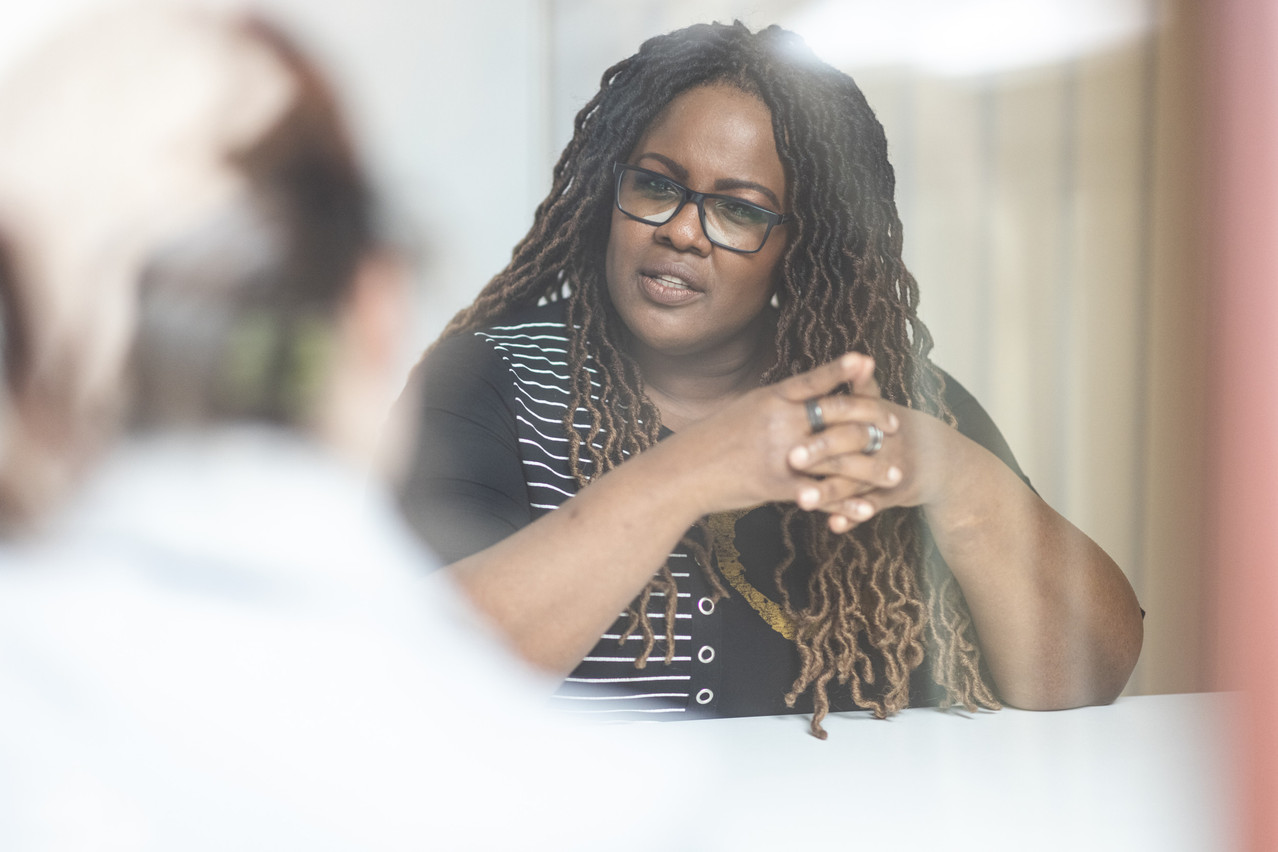“I think it starts with the moment when you start to feel uncomfortable in yourself. You need something that triggers a search… and then you start discovering that there are things around you that don’t serve you well,” says Omozua Isiramen, a coach specialising in neuro-agility, emotional mastery and actionable resilience.
“If there are people around you that, every time you have a conversation with them, you feel drained, miserable, less in yourself--that’s a red flag. If you’re obsessed about someone, you can’t do anything without certain people, you need self-awareness to ask yourself how healthy that is, if you can’t exist without carrying your human handbag.”
The journey to building a healthy inner circle starts with self-reflection. “Ask yourself, what do I want? And what ripple effect do I want to send out into the world? And then you can recognise what do I need to acquire and what do I need to let go of,” says Isiramen.
You find yourself smiling when you’re not happy. And what kinds of friendships are those?
Compulsory people pleasers, for example, the Mother Teresas of their social group, should reflect on “their need to feel recognised, to feel acknowledged, needed. There’s nothing wrong with wanting to help people. But honestly ask yourself: Am I really happy?”
Helping can make us feel connected and loved, the coach says, but it can also be a strain. “It’s your job to check if people are abusing that.” And it’s okay to say ‘no’ rather than letting anger and resentment fester. “Then you’ve got this negative energy within you. You find yourself smiling when you’re not happy. And what kinds of friendships are those?”
Sometimes, you simply have to “face the music.”
Letting go
Recognising the impact people have on you, how much you invest in friendships and how much you receive in return, but also imagining what would happen if you cut the ties, the energy that would free up, the doors that could open--spring cleaning starts within.
“That means self-reflection, self-observation, self-inquiry, self-regulation, self-awareness. It’s not something you just do on a Saturday morning with a cup of tea for five minutes. It’s a daily thing.”
That self-awareness will also help develop more rewarding relationships with new people. “The more calm, self-confident you are, the more you have self-worth, self-esteem--that dictates what you need from the people you let into your life.”
There’s no point in trying to fix something that can’t be fixed.
Friendships can go quiet but that doesn’t mean they are over, and a temporary blip doesn’t have to be an end-all event. At the same time, she says, “there’s no point in trying to fix something that can’t be fixed. Wish it well. It served you when it did. And it is okay to say it doesn’t serve you anymore.”
Shutting out people isn’t a selfish act, says Isiramen. “There is selfish, and there’s being ‘I need to breathe, I am drowning, I feel I don’t exist.’ It’s about being honest and being human.”
That doesn’t mean letting go will be easy. “Letting go may feel terrible. But letting go becomes possible when you have a vision of what other things can be possible. Letting go is not a bad thing.”
It also means creating a gap, letting go of habits--the habit of checking in on someone, spending time with them. And there is a risk that gap will simply be filled by someone else. “Some people never question; they just go from one toxic to another.”
And sometimes “you will let go of people who are maybe good for you, not on purpose, but it just happens. And that is also okay. It’s okay. We’re not perfect.”
Getting out of the comfort zone
Reviewing your interpersonal relationships and letting go of some people can also be a push out of the comfort zone, which often doesn’t deserve its title, says Isiramen.
If everything you want and desire is outside of the comfort zone, then it’s a pain zone.
“If everything you want and desire is outside of the comfort zone, then it’s a pain zone. Everything that keeps you stuck, fearful, causes you to worry and anxiety is in that so-called comfort zone,” she says.
“When somebody wants out of a marriage, out of a job, a partnership--not everybody’s going to be pleased with that. But that’s part of life. If you fear that, you will remain in your comfort zone, will complain and be angry. You will never express yourself.”
Having the right people in your life is crucial. “You build everything you want to achieve. If you don't have the right people around, you know, you're never going to summon up the courage,” says Isiramen. “You have to be curious; you’ve got to be resilient. It’s not going to be easy, but you’re going to get so much more.”



